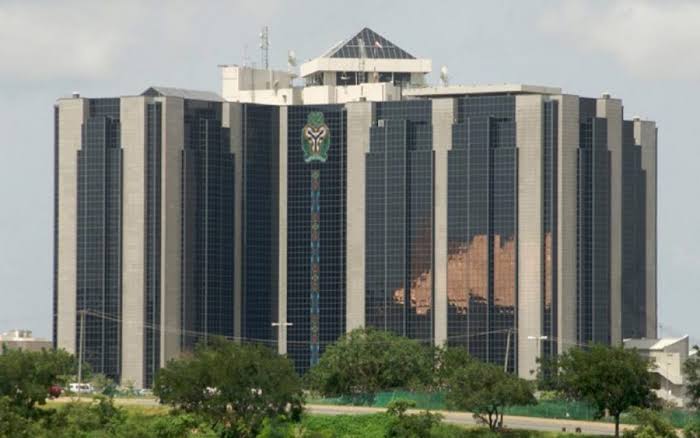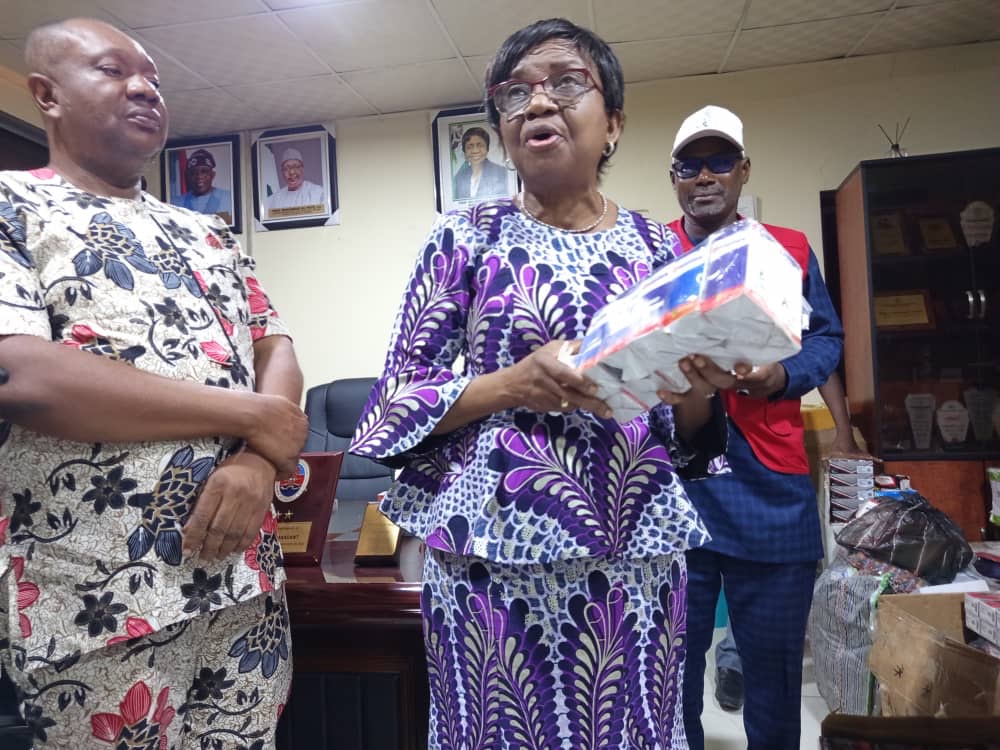The prolonged delay by the Central Bank of Nigeria (CBN) in allotting shares to investors who participated in banks’ rights issues and public offers on the Nigerian Exchange Limited (NGX) has ignited widespread concern among capital market stakeholders.
At this year’s (2024) workshop of the Capital Markets Correspondents Association of Nigeria (CAMCAN) with the theme “Banks’ Recapitalisation: Bridging the Gap Between Investors and Issuers in the Nigerian Capital Market,” Johnson Chukwu, Group Managing Director of Cowry Asset Management Limited, expressed deep reservations about the CBN’s protracted verification processes.
“While it is crucial for the CBN to ensure the legitimacy of invested funds, the excessive duration of these verifications—some of which remain unresolved nearly four months after offers closed—has weakened investor confidence,” Chukwu stated.
He warned that the delays not only inhibit capital reinvestment but also leave investors exposed to lost opportunities, especially in cases of oversubscription.
He noted that some investors would have missed the opportunity of investing their trapped capital into some other yawning businesses if their trapped capital was returned to the on time.
Prominent banks, including Guaranty Trust Holding Company Plc (GTCO), Access Holdings Plc, Zenith Bank Plc, FCMB Group Plc, and Fidelity Bank Plc, are yet to allocate shares worth a collective N1.27 trillion to their investors long after the offers closed.
For instance, GTCO concluded its N400.5 billion public offer in August 2024, yet investors are waiting on end to get shares allocations four months later.
Similarly, Access Holdings and Zenith Bank have faced setbacks in processing their respective N351.01 billion and N110.9 billion offers. And no thanks to the Central Bank of Nigeria.
Calls for Technology-Driven Solutions Chukwu, aone of Nigeria’s renowned investment experts, urged the CBN to harness its technological resources, including the Bank Verification Number (BVN) system, to expedite the verification process.
Hear him: “By leveraging IT infrastructure, the CBN can swiftly validate funds, enabling investors to either secure their allotments or reallocate their capital to other productive ventures,” stressing that in this era of technology such exercise ought to be a seamless one.
He also critiqued the CBN’s stringent documentation requirements for corporate investors as counterproductive, describing them as excessive barriers that deter participation.
The demands for three years of audited financial statements, board resolutions, and tax clearance certificates, he argued, could be mitigated by utilizing existing customer data within the banking system.
Regulatory Reforms For Greater Market Efficiency;
Panelists at the workshop, including Umaru Kwairanga, Chairman of the Nigerian Exchange (NGX) Group, decried the delays, emphasizing their adverse impact on investor sentiment. Kwairanga noted that while technological advancements have significantly enhanced market efficiency, the bottlenecks at the regulatory level undermine these gains.
“Investors are disheartened when they see rising share prices but remain unable to take advantage of the increases in share prices due to unresolved allotments proceses. This is a challenge we must urgently address,” Kwairanga asserted.
In 2024 alone, Nigerian banks raised about N2 trillion through rights issues, public offers, and private placements—a testament to the market’s resilience and investor confidence.
However, stakeholders emphasized the need for reforms to maintain this momentum, including a review of pension fund investment caps in the banking sector and the introduction of innovative financial instruments such as hybrid securities and convertible bonds.
A Strategic Imperative for Economic Growth
Dr. Emomotimi Agama, Director General of the Securities & Exchange Commission (SEC), underscored that banking recapitalisation is not merely a regulatory requirement but a strategic necessity.
“The robustness of the banking sector is vital to Nigeria’s economic growth. Bridging the gap between investors and issuers is essential to unlocking the capital market’s potential and driving sustainable development,” Agama said, through a representative.
The consensus among participants was clear: timely share allotments, enhanced regulatory clarity, and investor-friendly policies are imperative to strengthening the banking sector and sustaining its pivotal role in economic advancement.
As stakeholders await decisive action from the CBN, the spotlight remains firmly on its ability to align regulatory oversight with market efficiency, ensuring a resilient and competitive banking sector for Nigeria’s future.
Echezona Okafor.
Kaduna State Govt Re-Affirms Commitment To Completing Kafanchan Road Project
The Kaduna State Government has reaffirmed its commitment to completing the Kafanchan Road Project, a vital infrastructure that will enhance connectivity and create economic opportunities for the people of Southern Kaduna.
The project, which was inherited at 30% completion, has been negotiated to a more favorable price, with Governor Uba Sani committing the full amount and disbursing 50% to the contractor. The contractor has been given a six-week timeline to deliver the project, with significant progress expected before Christmas.




